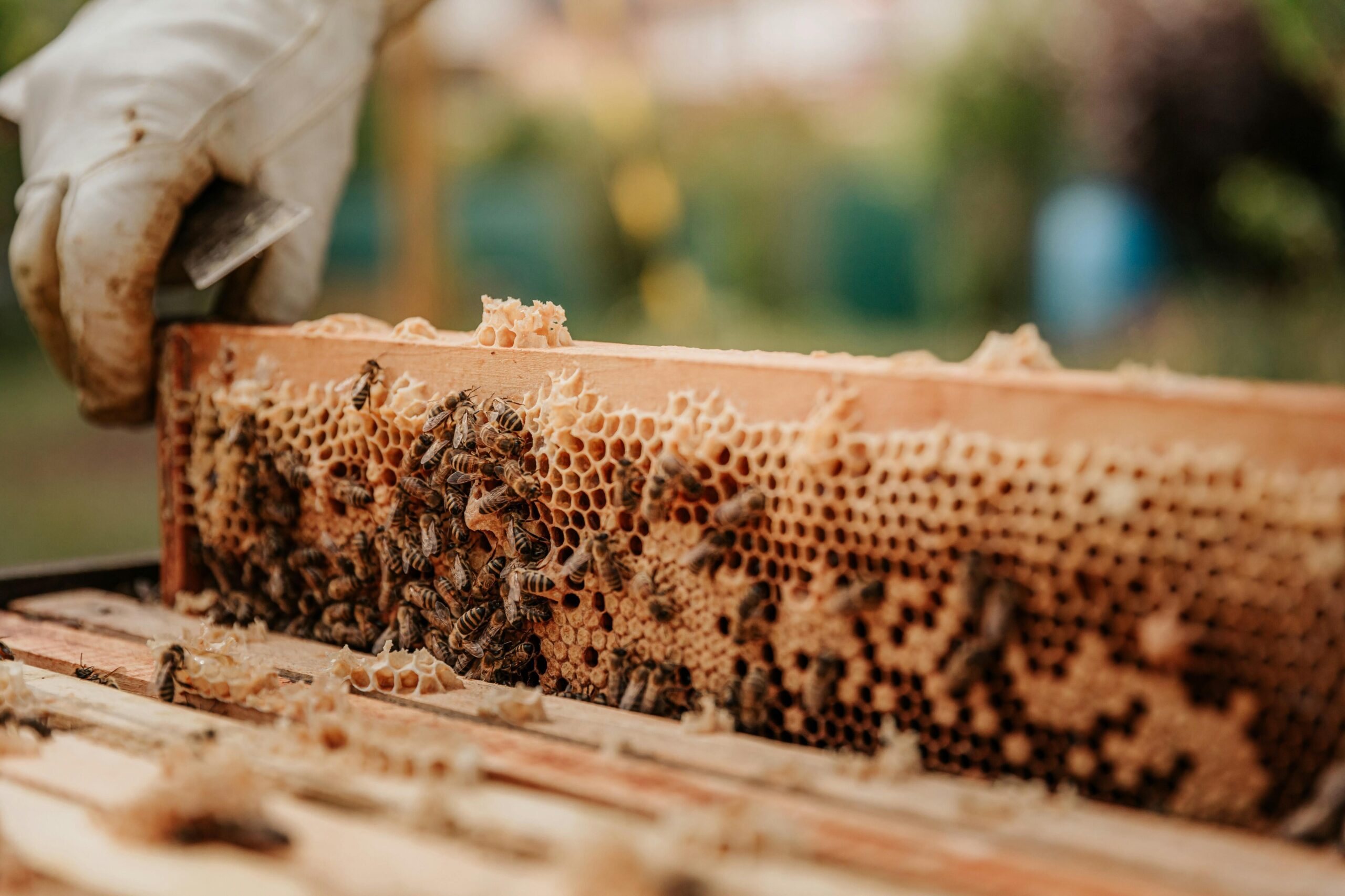In the heart of London, a quiet but impactful revolution is taking place – urban beekeeping. This growing trend is not merely about harvesting honey; it’s a concerted effort to forge a sustainable relationship between the city and its often-overlooked pollinators.
The roots of this movement can be traced back to the early 2000s, a period when the global decline in bee populations raised alarm bells. In response, the London Beekeepers’ Association, founded in 1912, adapted its focus from rural beekeeping to championing the cause of bees within the urban landscape. Their efforts paved the way for a new generation of beekeepers in London, drawn by a shared commitment to environmental sustainability.
Challenges abound in the urban beekeeping scene. London’s landscape, marked by concrete jungles and limited green spaces, presents a unique set of obstacles. Beekeepers, or apiarists, navigate issues such as restricted forage opportunities, exposure to pesticides, and the omnipresent threat of air pollution. However, the community has proven resilient, finding innovative solutions to make the urban environment more hospitable for bees.
The city’s diverse array of flowers in parks and gardens offers a year-round supply of nectar and pollen, countering the challenges associated with foraging in rural areas dominated by monoculture crops. The warm microclimate generated by concrete and asphalt surfaces contributes to the resilience of bee colonies, enabling them to thrive even in colder seasons.
The impact of urban beekeeping extends beyond the ecological realm. Bees, as primary pollinators, play a vital role in maintaining biodiversity. By establishing hives in urban areas, beekeepers contribute to the conservation of local flora, enhancing green spaces and supporting the overall health of ecosystems. The positive environmental ripple effect reaches into the agricultural sector, where increased pollination leads to improved crop yields and heightened food security.
London’s urban beekeeping scene is not just about environmental conservation; it’s a community-driven movement that fosters a deeper connection between residents and nature.
“Dialogue to be added”
Local beekeeping associations organize workshops, seminars, and hive visits to schools and community centers, educating the public about the importance of bees in ecosystems. London’s beekeepers, or ‘Bee Guardians’ as they fondly call themselves, are the custodians of a delicate craft, working tirelessly to ensure the well-being of their winged collaborators.
The integration of beekeeping into educational curriculum further amplifies its impact. London schools are embracing beekeeping as a hands-on way for students to connect with nature and understand the intricate web of life.
“add school examples”
This educational approach not only instils a sense of responsibility but also nurtures an appreciation for the delicate balance between human activities and the natural world.
As the urban beekeeping movement in London gains momentum, its influence reaches unexpected corners of the cultural tapestry. The sight of rooftop hives, community gardens buzzing with activity, and collaborative initiatives with local businesses paints a vivid picture of a city committed to sustainable coexistence with its pollinator companions.
In conclusion, urban beekeeping in London transcends the conventional notion of environmentalism. It is a dynamic movement, shaping the city into a model for harmonious cohabitation between humans and the indispensable pollinators that quietly thrive beneath its towering skyline. Through the hum of bees and the shared commitment of Bee Guardians, London’s urban landscape is being transformed into a sanctuary of sustainability and ecological awareness.
